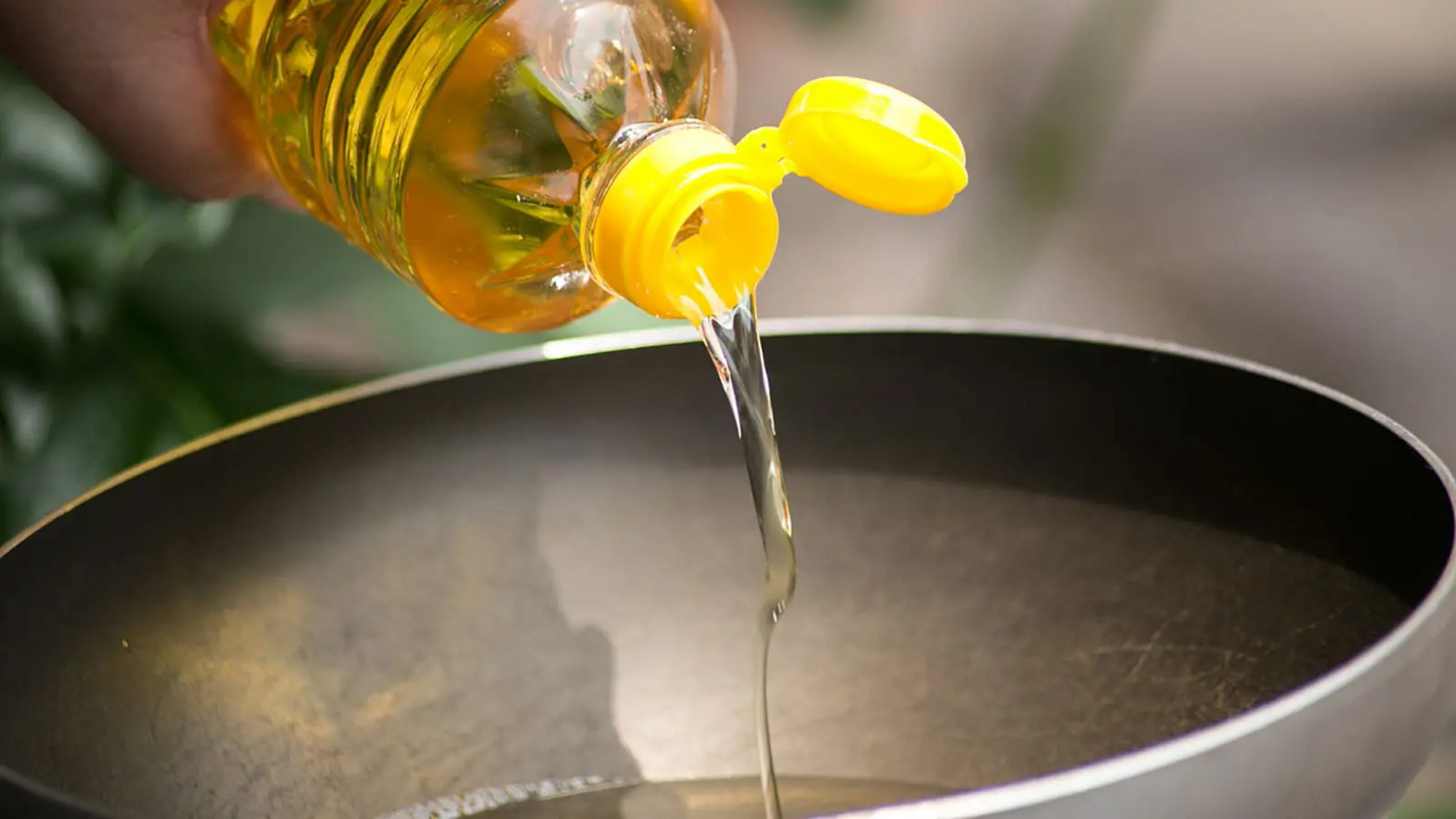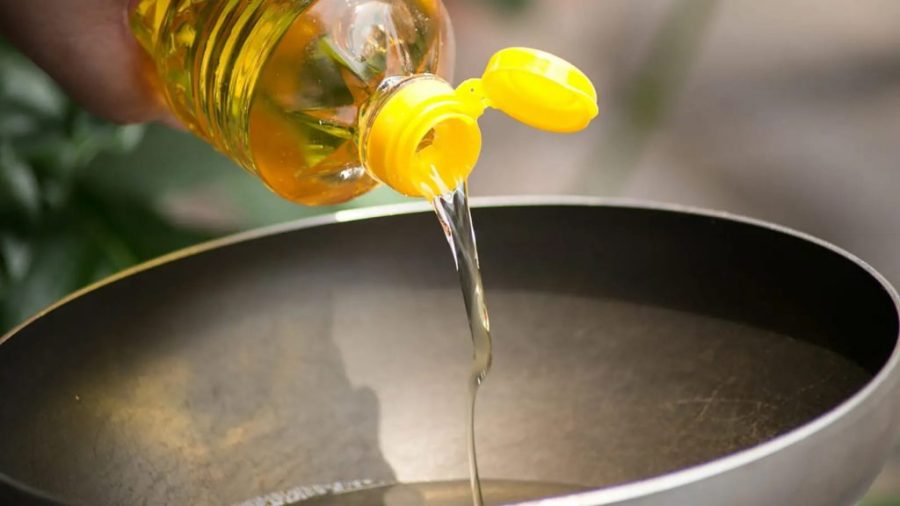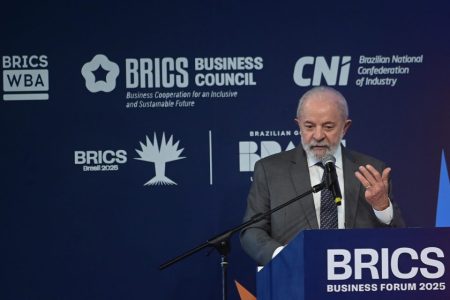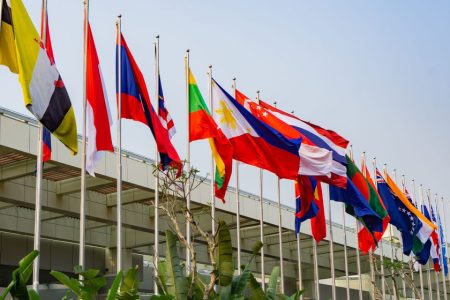Mozambican President Filipe Nyusi has inaugurated a new vegetable oil factory in the city of Cuamba, in the Mozambique northern province of Niassa.
The factory is owned by the Niassa Cotton Company (SAN), which is part of the Portuguese João Ferreira dos Santos group.
The inauguration was part of Nyusi’s “Industralise Mozambique” presidential initiative.
Using soya as its raw material, the factory can extract 7,500 tonnes a year of crude vegetable oil, and 3,000 tonnes of refined oil.
Nyusi said that the company would replace imports of vegetable oil, with a direct impact on the Mozambican balance of trade.
This reduction of imports, he said, “represents greater economic and financial autonomy of the country, and a greater capacity to retain foreign currency, widening our room for manoeuvre in exchange management, which is a crucial element in the stability of our economy.”
Imports of vegetable oil have been a heavy burden on the balance of trade.
Nyusi said that annually Mozambique spends about US$400 million on importing cooking oil – which is 30 per cent of the import of all goods associated with agriculture.
Cooking oil’s market price has soared recently, partly because of the Russian invasion of Ukraine, which is one of the main producers and exporters of sunflower oil.
Nyusi put the average rise in the price of vegetable oil at 100 per cent, making this product a significant component in Mozambican inflation.
“Hence, we reaffirm that one of the ways of reducing the cost of living is to increase our own production,” said the president, “and to transform our raw materials into finished goods on our own territory.”
He said he was confident that the new cooking oil factory will stimulate agriculture and employment as it would provide a market for about 40,000 producers of soya and cotton.
“They are all called upon to provide quality raw material for the extraction and refining of vegetable oil,” said Nyusi.
“They have a guaranteed market, and that will ensure self-employment in agriculture.”






